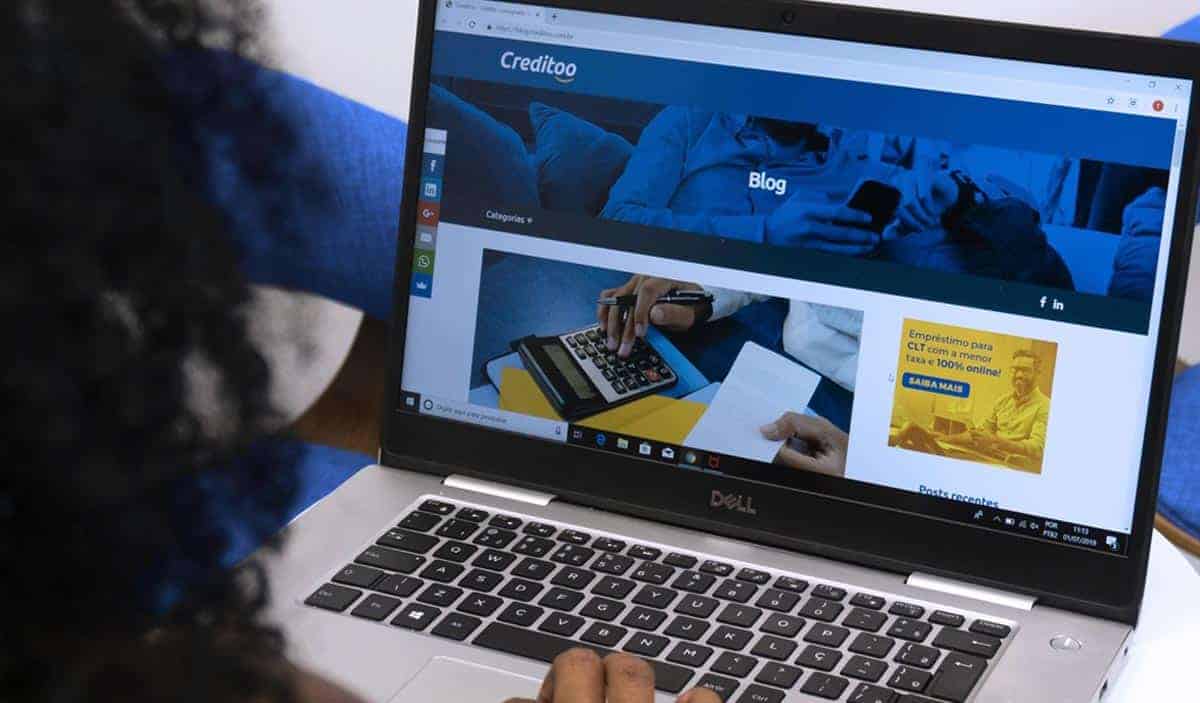Contxto – SimpliRoute from Chile recently became one of five finalists within the Smart Cities section of the Innovation Latam Awards in São Paulo. Following careful consideration, the jury chose this startup based on its route optimization and dispatch tracking software improving delivery logistics.
Efficient routes, real-time tracking and statistic-tracking features allow SimpliRoute partners with limited loading capacities to send and receive goods in “smart” ways.
Other startups chosen with this category were Next-E from Mexico, Yecas from Argentina, as well as Nearbee and Sii Smart Buildings from Brazil.
While these companies are making progress in re-designing cities in their native countries, the founder of SimpliRoute says that there is still much to accomplish in Chile.
“Without a doubt, Chile has a long way to go, but we can already see that the country is interested in transforming its cities into smart cities,” said founder Álvaro Echeverría, who contended with over 1,500 other Latin American startups to participate in this competition.
Thankfully, Echeverría has the Chilean government on his side, such as Production Promotion Corporation (Corfo). For him, he intends to continue working in Chile, not to mention develop more technology to solve urban problems in the capital.
There are very proactive initiatives by foundations such as Corfo, which seek to promote an ecosystem whose solutions have technological bases in the most critical points of the city, like transport, infrastructure, security, environment, among others.
What makes a Smart City?
Cities must satisfy six components to be “smart” such as urban mobility, environment, security, risk management, economic development and social equity. Another constituent that people often forget is the human factor.
“The combination of people, creativity and technology are crucial when seeking efficient sustainability in the city,” said Echeverría. “Therefore, in order to earn the label of being a Smart City, citizen participation plays a very important role.”
Another core aspect of Smart Cities is ICT, meaning Information and Communication Technology, to improve people’s quality of life. Under this falls mobile networks and the ongoing adoption of 5G technology to promote heightened connectivity, speed, in addition to data transfers.
In this regard, not only is strong reliable internet infrastructure an essential public service to Smart City citizens but a human right. With robust internet comes easy access to information, improved efficiency, enhanced security, as well as plenty of economic activity.
Moreover, the Global Smart Cities Market is categorized in the following groups: smart security, smart infrastructure, smart energy, smart governance, smart education, smart building, smart healthcare and smart mobility.
Efforts have also been ongoing to convert Santiago into a smarter city. Last October, Santiago was among one of seven finalists at the Smart City Expo World Congress 2018. Furthermore, Corfo even began a new national plan, Chile: Intelligent Territory, at the beginning of July.
Besides Smart Cities, finalists from other categories included:
Adtech
CamOnApp (Argentina)
Flowsense (Brazil)
Guide121 (Brazil)
Infleux (Brazil)
Waip (Argentina)
Agrotech
Fazenda Futuro (Brazil)
PHYGITALL (Brazil)
Preemar Soluciones Acuícolas (Mexico)
SensorVision (Brazil)
Ucrop.it (Argentina)
Construction/Proptech
Contactiza (Panama)
Lugaren (Argentina)
RIO Analytics (Brazil)
TrackerUp (Brazil)
Wahhu (Colombia)
Fintech
BLUE365 (Brazil)
DriveOn (Brazil)
Goonder (Argentina)
PandaPay (Brazil)
Seguro x Kilometro (Mexico)
Healthtech
CALCE (Chile)
GOCTORS TECHNOLOGY S.A. (Ecuador)
Pocket Clinic (Brazil)
SciCore Medical (Mexico)
WeBio (Argentina)
Retailtech
Boxit (Panama)
Mynkana (Ecuador)
Rendalo (Chile)
STANDOUT (Brazil)
XModal (Argentina)
Social Impact
Home Agent (Brazil)
Incentiv (Brazil)
key2enable (Brazil)
Piipee (Brazil)
Sign Accessible Technologies (Mexico)
We anticipate on covering who comes out of these categories on top once the Awards Ceremony takes place, presumably sometime in August.
-JA






